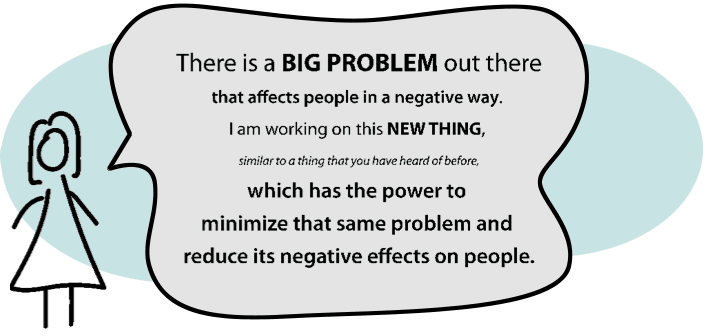
Being able to communicate your study’s purpose quickly and effectively is important. Often we need to share our science with non-experts, so being able to capture others’ interest in an engaging way from the start, helps them see the value of our work. Elevator pitches are traditionally thought of in the context of a job or graduate school interview, but being able to give a good elevator pitch will also help with writing (especially for non-psych audiences) and for openings of talks.

The Broad Institute provides a succinct summary of what makes a good elevator pitch and how to do it. You can access the article here. Although their example focuses on biological engineering, the principles are readily applied to psychology.

